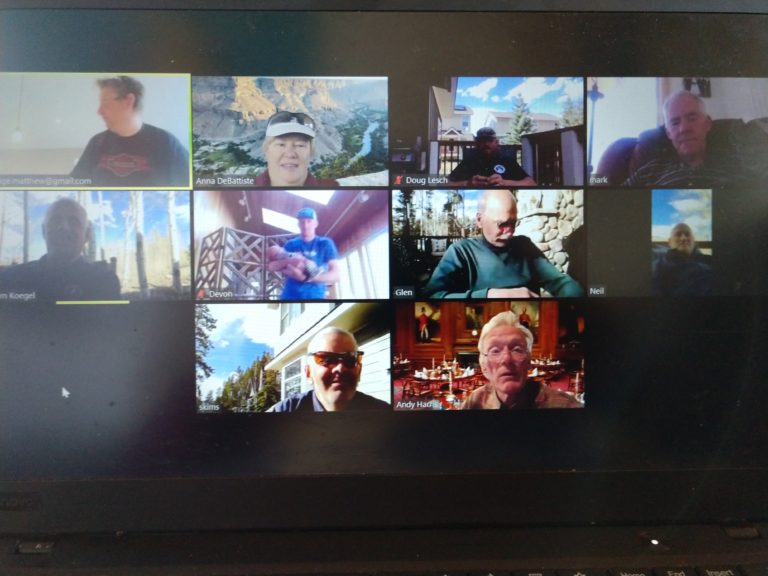A fascinating article in last week’s edition of Newsweek explores why Israel produces more successful tech companies and more cutting edge technology than anywhere else in the world. Read the article here.
Much of the answer, according to authors Dan Senor and Saul Singer, lies in Israel’s mandatory military service in the Israel Defense Forces (IDF). It’s certainly a counter-intuitive idea, but here’s how it plays out:
1. The IDF is deliberately short-staffed at senior levels, creating a flat, nonhierarchical organization which requires decision making and responsibility at the lowest levels.
2. Because rank is almost meaningless, soldiers are taught to question authority, to be open to challenging, debating and probing.
3. Soldiers are taught to be “jacks of all trades” when it comes to military technology. “”If most air forces are designed like a Formula One race car, the Israeli Air Force is a beat-up jeep with lots of tools in it,” one pilot is quoted as saying. Emphasis on multidisciplinary skills allows for creativity in combining radically different technologies and disciplines in the business world.
4. Recruits must work with others of different cultural, religious and socioeconomic backgrounds. American universities may throw together diverse pools of students too, but once on campus they are free to form cliques as they choose. In the IDF, they must work closely and intensely with each other, and many lasting connections are made, “inculcating young leaders with a sense of social range.”
All of this adds up to college entrants who are older, wiser, more experienced and more serious about their education. They’ve experienced high-level decision making, they value diversity, they question and challenge the status quo, and they have the foundational skills for innovative thinking.
All of this made me think of a quintessential experience that many European and Australian youths experience before college: traveling around the world. When I was 36, I backpacked through Asia and Africa for six months, staying in youth hostels and traveling low to the ground to experience the culture of the countries I visited. This is an unusual thing for Americans to do, but very typical of kids from other developed countries, who generally do the “backpacker thing” between high school and university, or perhaps between university and their first jobs. It produces many of the same qualities that the IDF does for young entrants to the business world; increased maturity, a more global perspective, a better understanding of how to leverage diversity.
I also remember that during my travels, I was always annoyed when I met young Israeli backpackers in the hostels where I stayed. They seemed loud, brash and disrespectful to me (I know what you’re thinking—an American traveler criticizing others for being loud and brash!) I have a different perspective on that now. In the business world, the prize does not go to those who quietly settle for the status quo; it goes to those who question, challenge and think outside the box.
For all the globally vaunted quality of our universities here in the States, we don’t create cultural experiences for our students that simulate the experience of serving in the IDF or traveling around the world. We teach them to treat their professors with respect, accept the wisdom and experience of their elders, and specialize, specialize, specialize.
If higher education is not offering the skills and experiences that make for competitive advantage in today’s knowledge economy, then corporate learning programs must step up to that challenge. I saw a survey recently that asked what types of programs are missing from corporate universities, and a top item was “training in creative problem solving.” Boomers are retiring and Gen Y’s are entering the workforce in droves. What are you doing to address this need in your organization?

2 Comments
So cool to read something positive about Israel and the IDF! Very interesting perspective. I tweeted the entry to my followers.
Thanks!
Thanks Marcia! I thought the Newsweek article was fascinating myself, and I continue to think about the implications of it for our own educational efforts.